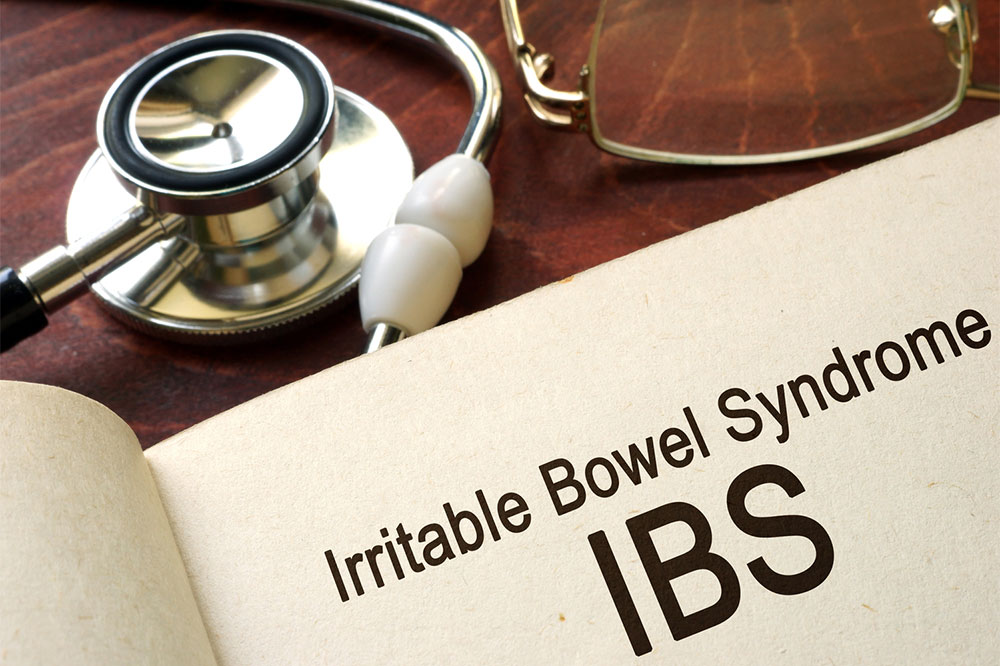Comprehensive Guide to Recognizing & Managing Irritable Bowel Syndrome (IBS)
Irritable bowel syndrome (IBS) affects millions with symptoms like abdominal pain, bloating, and irregular bowel habits. This comprehensive guide covers its symptoms, causes, and effective management strategies, emphasizing lifestyle and dietary adjustments to improve quality of life. Understanding IBS is essential for timely intervention and symptom relief, especially for young adults and women who are most affected.

Comprehensive Guide to Recognizing & Managing Irritable Bowel Syndrome (IBS)
Irritable bowel syndrome (IBS) is one of the most common gastrointestinal disorders worldwide, affecting millions of individuals across the United States alone. With an estimated prevalence ranging from 25 to 45 million cases, IBS presents a significant health concern. Despite its widespread nature, the exact causes of IBS remain elusive, and its symptoms often vary considerably among individuals, fluctuating over time with periods of flare-ups and remission. Recognizing the key signs and understanding the effective management strategies for IBS are essential in improving patients' quality of life.
What Exactly is IBS?
IBS is classified as a functional gastrointestinal disorder, meaning that structural abnormalities are not typically present when examined under the microscope or through imaging. Instead, the disorder affects how the muscles and nerves in the digestive tract function. People suffering from IBS often experience persistent and bothersome symptoms despite the absence of actual tissue damage. This condition chiefly impacts young adults, with a noticeable predominance among women—who make up approximately two-thirds of those affected.
Common Symptoms of IBS You Should Know
Abdominal Pain and Discomfort
One of the hallmark symptoms of IBS is recurring abdominal pain or a sense of unease in various parts of the abdomen. Patients often describe this pain as spasms or sharp cramps caused by excessive intestinal gas. Notably, this discomfort tends to decrease after a bowel movement or the release of gas, indicating a significant link between bowel activity and symptom severity.
Gas and Bloating
Many individuals with IBS report significant bloating, which occurs when excess gas causes the abdomen to become distended. This can be accompanied by frequent belching or passing wind, which often provides temporary relief. For some, the bloating can become so intense that it triggers an urgent need to evacuate the bowels, creating profound inconvenience and discomfort.
Alterations in Bowel Habits
IBS is characterized by diverse bowel movement changes, which can include episodes of diarrhea, constipation, or alternating between the two. Stools may become small, pellet-shaped, or watery and loose. Many affected individuals report a persistent sensation of incomplete bowel emptying, leading them to make repeated trips to the bathroom—particularly after breakfast or early in the morning. These abnormal bowel habits can significantly impact daily routines and emotional well-being.
Other Notable Symptoms of IBS
Nausea: Often associated with increased intestinal gas, nausea can become persistent, accompanied by an urge to vomit.
Headaches and Migraines: Digestive disturbances can trigger headaches or migraine episodes in susceptible individuals.
Belching and Excessive Gas: Frequent burping and the expulsion of gas from the mouth are common and often embarrassing symptoms.
Loss of Appetite and Early Satiety: The sensation of fullness or feeling hungry quickly can be related to stomach gas and bloating.
Chronic Fatigue: Many sufferers experience ongoing tiredness and low energy levels, impacting their daily productivity.
Muscle and Back Pain: Gas buildup can cause inflammation or spasms affecting muscles and leading to lower back discomfort.
Heartburn and Acid Reflux: A burning sensation in the chest, particularly at night, is common among people with IBS.
Bladder Issues: Overactive bladder symptoms may coexist, possibly due to close proximity and shared nerve pathways between the bowel and bladder.
Possible Causes and Practical Management of IBS
The precise etiology of IBS remains an area of active research; however, several theories highlight potential contributing factors. Abnormalities in intestinal nerve signaling, dysregulated smooth muscle contractions, psychological stress, dietary sensitivities, and gastrointestinal infections are all believed to play roles in the development of IBS. Since there is no definitive cure for this complex disorder, management primarily focuses on alleviating symptoms and improving patients' quality of life through lifestyle modifications.
Regular Exercise: Engaging in moderate physical activity helps stimulate bowel movements, reduce stress, and promote overall gut health.
Stress Management: Techniques such as mindfulness, yoga, meditation, and cognitive-behavioral therapy can significantly lessen the severity and frequency of symptoms.
Dietary Adjustments: Identifying and avoiding trigger foods—such as high-fat meals, caffeine, spicy foods, and certain artificial additives—can prevent flare-ups.
Stay Hydrated: Drinking plenty of water aids digestion and can mitigate some symptoms caused by dehydration or constipation.
Medications: While no medications cure IBS, various drugs such as antispasmodics, laxatives, or antidiarrheal agents can be prescribed to manage specific symptoms more effectively.
Though IBS cannot currently be cured, an informed lifestyle and dietary approach, coupled with medical guidance, can significantly enhance day-to-day comfort and overall health. Recognizing early signs and adopting a proactive management plan are key steps toward managing this often-debilitating condition effectively.




